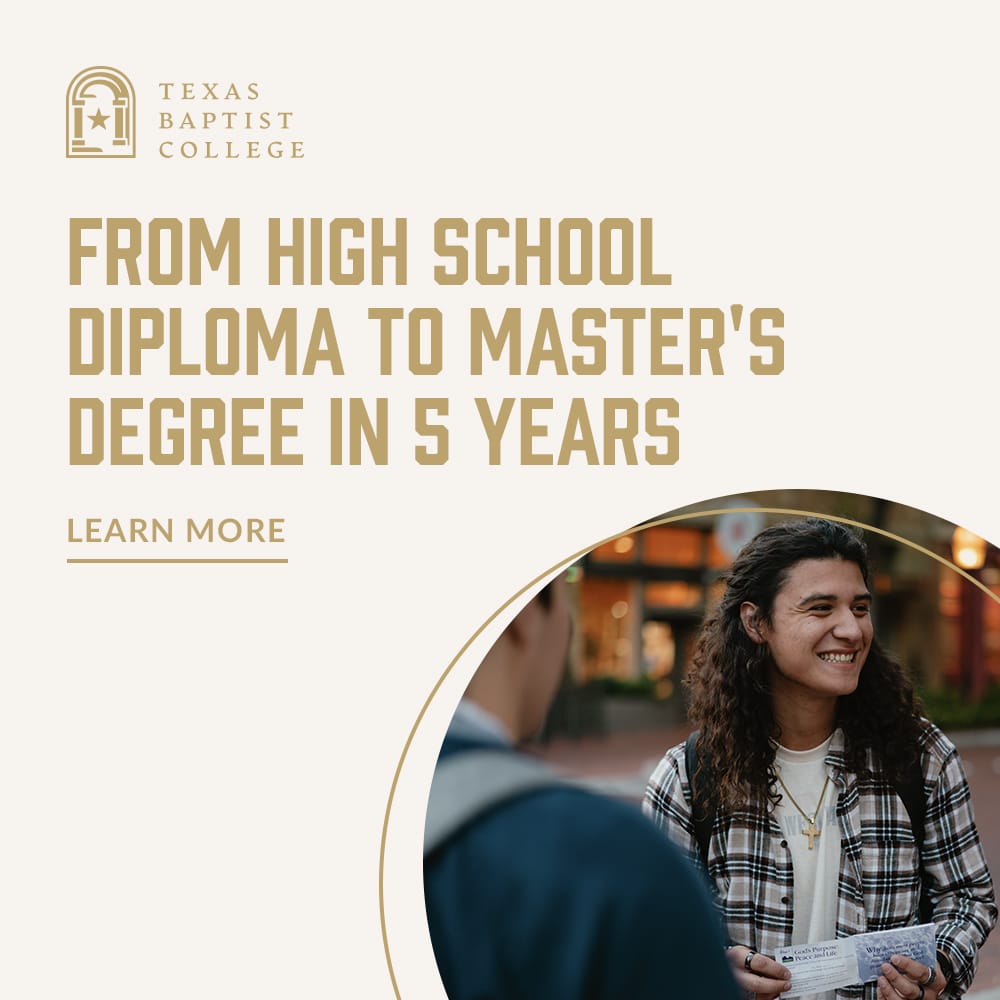Motherhood and the Mind

Snack mats. We were gathered at a beautiful, rural wedding in the rustic style that was popular some years ago: mason jars and baby’s breath, hanging lights and candles. Jazz standards crooned through the speakers. The men were inclined into animated conversation. And, with a pale smile, I was stuck with the other mothers of littles talking about snack mats. Snack mats are reusable mats upon which one can place . . . snacks. Apparently, they are vital to the child’s health and the mother’s happiness and are considered, by some, a riveting topic of conversation. I heard the odyssey of these snack mats, as bright-eyed Athena led the mother to shop in a high-end boutique. What adventures these snack mats had! From restaurant to restaurant, cheerios to goldfish, what a life they had lived!
I had many questions: why are we so concerned (years before Covid) about communicable diseases affixing themselves to toddlers’ snacks? Why would you want to spend this much time in restaurants with toddlers anyway? Why do these intelligent and educated women find snack mats interesting? Underpinning these questions was the important question that I asked once again: is motherhood where the mind goes to die?
Part of the greatest commandment is to love God with our minds. While an exact definition of mind has been debated by philosophers for millennia, I would say that loving God with our minds is knowing him and his created order. Motherhood does not supersede our commitment to loving God with our mind, it broadens it by surrounding the mother with a crowd of tiny, imitative witnesses.
Historically, the liberal arts were regarded not as developmental stages, but as rungs and ladders moving the student toward philosophy and finally theology, the queen of the sciences. If the liberal arts meditating on the transcendentals grow us in wisdom foundational to a mature and robust theology, then they are infinitely practical and should be mastered by each according to his ability. If this is not true, then classical education is rubbish and we’re all wasting our time.
There is a perversion of priorities wherein we view procuring bespoke snack mats as a noble mother’s duty; sitting and reading Aristotle’s Nicomachean Ethics, on the other hand, is viewed as unnecessary or, worse, self-indulgent. Somehow learning and reading have become something for which a mother needs “permission.” No one asks for “permission” to spend hours on Pinterest researching pantry re-organization. No one asks “permission” to spend hours shopping for matching Easter outfits. No one asks for “permission” to bore others about snack mats. Why in the world would someone need “permission” to study moral philosophy? Or Latin? Or Calculus?
Before becoming a mother and classical educator, I narrowly equated the life of the mind with academia. Though I aspired to graduate school immediately after college, various obstacles prevented me from pursuing that path. When the opportunity passed, I thought that any chance of intellectual life went with it. Motherhood, however, saved me from this misguided notion that intellectual life is limited to college and university campuses. Despairing of the boredom of tummy time and “The Wheels on the Bus,” I realized that I must find some way to engage my mind to be the mother that I desired to be. My intellectual life is not despite motherhood, it is enriched and expanded by it.
Motherhood provides the possibility for an intellect vivified through action. I never cease to be surprised at how physical motherhood is. When the doctor laid my firstborn, ten-pound baby on my chest, I wondered if he had broken a rib (and ceased to wonder why I had been so tired during the pregnancy). Since then, I have fed and diapered and chased. Not long ago, when I still had toddlers and preschoolers, I averaged two and a half to three miles a day fetching and scurrying about the house, not including exercise or park dates or errands. As they have grown the sort of activity has changed, but the general physicality has not. This physicality allows for the intellect to become incarnational in a way unrequired by academia. It is one thing to “know” Nicomachean Ethics in an abstract sense (if this is indeed knowing). It is easy to be ethical in a personal office with the door closed. It is another thing altogether to have to set down Ethics to go clean urine off the floor.
What seems true in the abstract may not bear the weight of reality. The daily observations of human nature through our children can provide a corrective to the errors to which we are prone when the intellect is merely an abstraction. Take, for example, the epistemological vivisection performed by Enlightenment philosophers. Descartes had a great deal of free time. He stared at wax and then decided man is his reason—he is merely a “thinking thing.” Alternatively, Hume, with no shortage of arrogance, declared instead that the mind is nothing more than a heap of impressions. Time spent in the company of small humans observing raw human nature can give the attentive mother an opportunity to knead together reason and perception, leavening her philosophical understanding.
If we believe what we say that we believe, then mothers should read philosophy, study math, and enjoy classical art and music. There is nothing about loving God with our minds that conflicts with motherhood. However, that does not mean that it is easy or necessarily straightforward. There is the daily drain of choices, trying to juggle priorities. There are survival seasons when there may be little to no priority on the life of the mind. My first year as a mother I suffered nearly crippling post-partum depression and do not remember reading a single book. But there have been other years that have more than made up for it. It is the error of the young and the idealist to think that cultivating intellect requires a herculean effort; there is a great deal to be said for persistently and creatively honoring the small things as the moments add up to years.
In response to a societal devaluation of motherhood, some respond by adding unnecessary sacrifices to prove the “worth” of motherhood. Motherhood is worthy; it does not need to be “validated.” God does not require entry into an intellectual deprivation chamber. Instead, we model what it is to love God with all our heart and soul and mind. My kids have watched me inch my way through graduate school because I value learning. They think that reading and writing and discussing ideas is what mothers do. They have no idea that most mothers don’t listen to Plato or Augustine or Dante on the way to Costco. If you meet them, please don’t tell them. They should be easy to recognize—they’re the kids without snack mats.
Rachel Woodham
Rachel Woodham has a BA in Russian Language and Literature and is a graduate student of Great Books at Harrison Middleton University. A classical educator for the last decade, she now homeschools her three all-time favorite students.









3 thoughts on “Motherhood and the Mind”
Gutsy article. Very well done.
Your point about Hume and Descartes is particularly fitting. For a person whose mind goes straight to the abstract, teaching 3rd grade heals a lot of overly optimistic theorizing. At that age (and in the preschool years, as you pointed out) ideas have to be incarnated. I’m not sure a person can become a great teacher without realizing that and I am sure he cannot be an accurate philosopher without realizing it.
I wonder how much our appreciation for motherhood has been lost along with (or because of) our loss for reverence toward the meaning of incarnation and the body. Perhaps we need to reflect more on what it mean to be Mary, the mother of our Lord.
This was exceptionally valuable to me! As a mother of two young children, I spent the first three years trying to be the mom that writes the obnoxious or syrupy blogs and has all the right accessories because I thought that was who I was supposed to be–a character silently assigned to me as we left the hospital with our newborn. I loved my children but not myself very much because I completely shut out who I really was. I felt so false and fragile all the time. When I finally reclaimed my depth and embraced and nurtured my intellect once more, I discovered that I actually deeply enjoyed motherhood and my children loved me and flourished even more. My girls might roll their eyes and smile at me with my books at a water park but they also come to me with (increasingly) big, deep questions and know that I will be able and excited to engage with them.
And I had a snack mat for a while and they are not all they’re cracked up to be! Thanks for sharing these words.